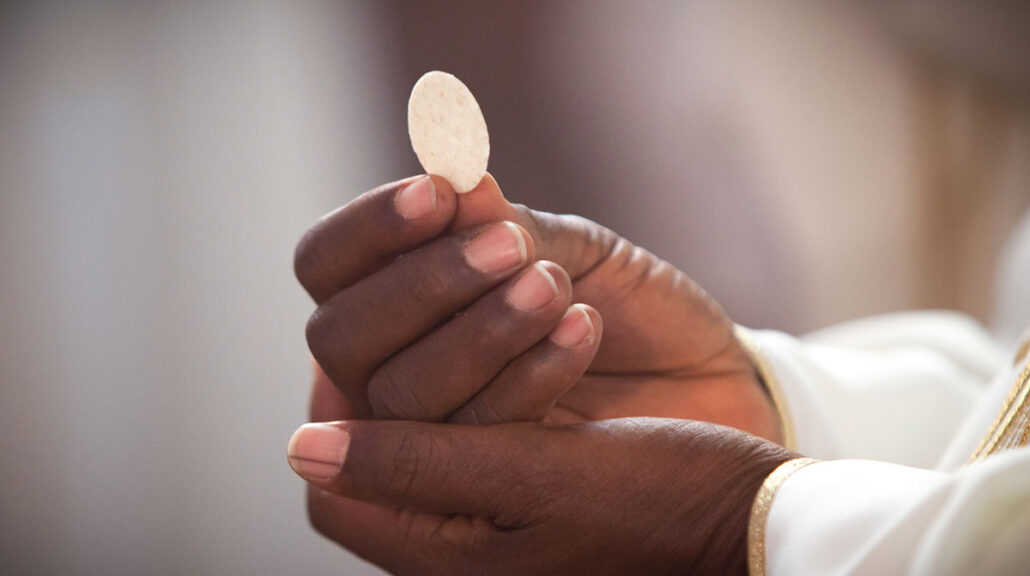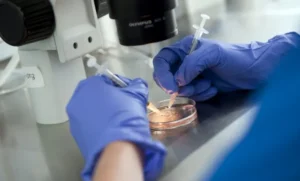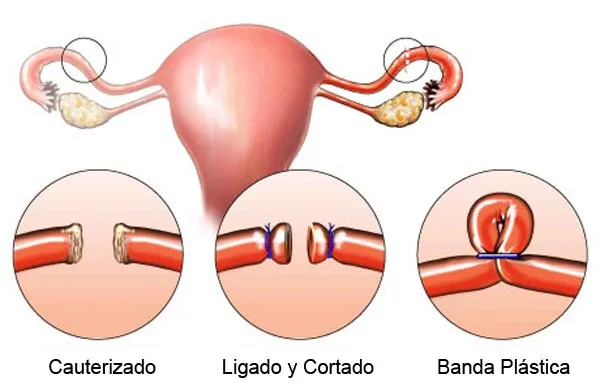Question:
Can a divorced couple receive communion?
Answer:
Let us distinguish between several different situations:
1. Civilly remarried divorcees
It is necessary to distinguish those who want to lead an active marital life and those who cannot separate, for some reason, but are willing to live as brother and sister.
1) Those who lead an active marital life:
The Sacred Congregation for the Doctrine of the Faith published a letter on the subject on September 14,1994[1] in which it is said: “If the divorcees have remarried civilly, they are in a situation that objectively contradicts the law of God and, therefore, cannot receive the Eucharist as long as that situation persists.” (n. 4) Later, speaking more generally: “The faithful who, on a regular basis, are living as a married couple with a person who is not their legitimate wife or husband, cannot receive Communion.” (n. 6) The same doctrine can be read in the Catechism of the Catholic Church, n. 1650. There are two motives: one intrinsic, which is the objective situation (the state of injustice or mortal sin) that makes it impossible in itself to access a sacrament of the living; another is pastoral – if they were admitted to receive Communion “the faithful would be misled and confused about the Church’s doctrine on the indissolubility of marriage [2].”
2) Remarried divorcees who decide to live as siblings:
There are those who for some reason of weight cannot be separated (usually the good of the children who have been born from the present union, the need to educate them, to have a family, etc.) but have decided by common accord to live ‘in a way that does not contradict the indissolubility of a legitimate marriage.’ From this situation, says the exhortation Familiaris Consortio, ‘Reconciliation in the sacrament of penance – which would open the way for them to the Eucharistic sacrament – can be given only to those who, repentant of having violated the sign of the Covenant and fidelity to Christ, are sincerely willing to live a way of life that does not contradict the indissolubility of marriage. This means that when men and women, for serious reasons – such as the education of children – cannot fulfill the obligation of separation, they undertake to live in full continence, that is, to refrain from the acts proper to the spouses’ (n. 84). However, in this case the danger of inducing the faithful to error must also be avoided. ‘In this case, they can access Eucharistic Communion, remaining firm, however, in the obligation to avoid scandal.’ (Letter n. 4) The typical way of avoiding scandal and confusion amongst the faithful is to administer the sacraments is a private setting.
2. Divorcees who have not remarried (or did remarry and later separated)
Again, there are two situations to distinguish:
1) Those who have unjustly suffered a divorce:
That is to say, the innocent party on whom divorce has been imposed: “A similar case is that of the spouse who has had to suffer a divorce, but who – well aware of the indissolubility of the valid marriage bond – does not allow him or herself to be involved in a new union, but is committed instead to the priority fulfillment of family duties and the responsibilities of the Christian life. In such a case, their example of fidelity and Christian coherence assumes a particular testimonial value before the world and the Church, making even more necessary, on the part of the latter, a continuous action of love and help, without there being any obstacle for the admission to the sacraments.” (Familiaris Consortio, n. 83)
2) When one has been the guilty party in the separation:
If there is repentance for the situation which one has caused and there is a willingness to carry out the necessary means in order to repair the possible injustices that their action has brought about (abandonment of the spouse, of the children, etc.), and if there is a willingness to resume conjugal life with the legitimate spouse, if this is possible (in most cases, it is not possible because the action has caused wounds difficult to repair in the innocent party who possibly does not want to reestablish the union or feels affectively or psychologically incapable of doing so), then, once he or she validly receives sacramental absolution for this sin, there would be no hindrance in his or her reception of Eucharistic Communion (if perhaps in a specific community public reception of communion could cause scandal and confusion – either because of the notoriety of their guilty action or for other reasons – pastoral prudence would indicate the convenience of private reception of the sacraments).
Fr. Miguel A. Fuentes, IVE
Original Post: Here
Another Post: Did Jesus Christ admit divorce?














